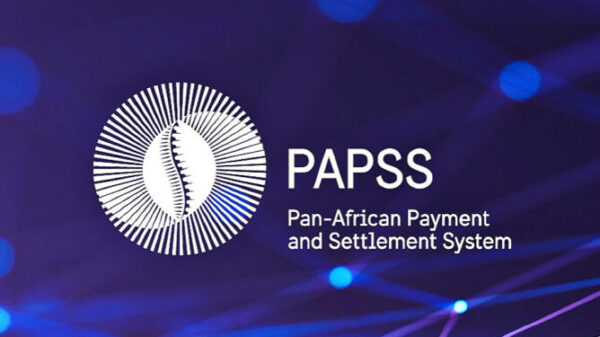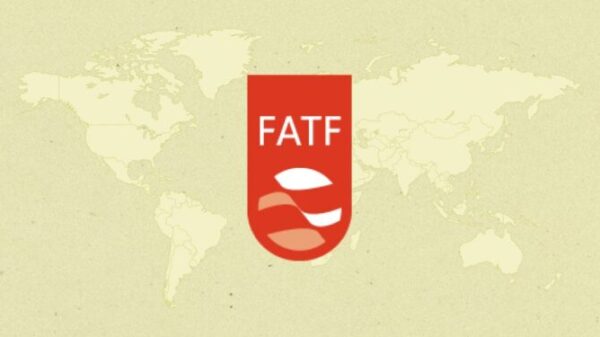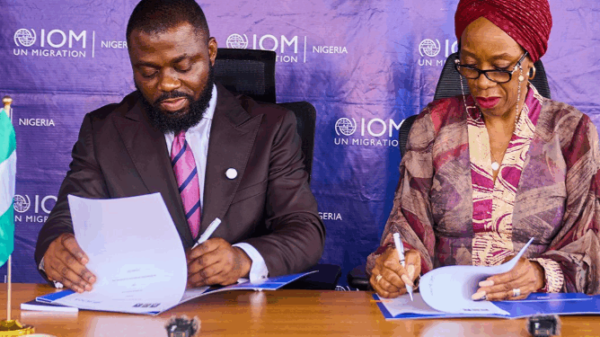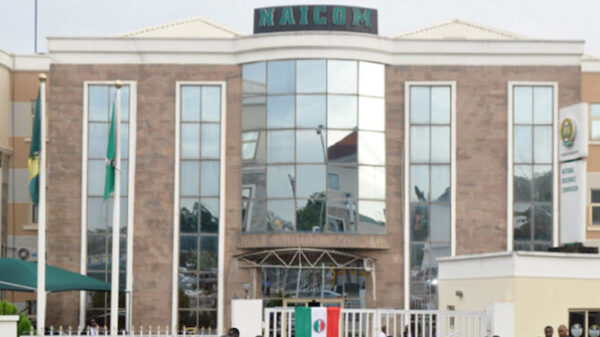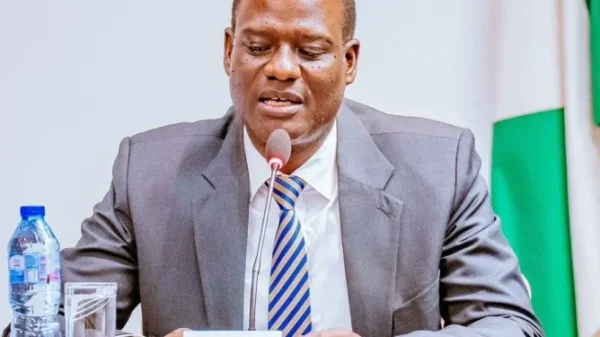The Attorney-General of the Federation and Minister of Justice, Lateef Fagbemi (SAN), has clarified the status of the recent presidential clemency exercise, stating that the process is still under administrative review and that no inmate granted pardon has been released.
In a statement issued on Thursday titled “Presidential Prerogative of Mercy Exercise at Review Stage, Not Final – AGF Fagbemi,” the Minister explained that the final list of beneficiaries, including convicts involved in illegal mining, financial crimes, and drug-related offenses, is currently undergoing verification by relevant authorities.
Review Stage Still Ongoing
Fagbemi emphasized that the clemency process remains at the final administrative phase, during which authorities conduct a thorough review to ensure all recommendations meet constitutional and procedural standards.
“It is important to note that the last stage of the exercise, after approval by the Council of State, is the issuance of the instrument for implementation of the decision concerning each beneficiary,” Fagbemi said.
“This stage affords an opportunity for a final look at the list for remedial purposes, if any, before the instrument is forwarded to the Controller-General of Corrections for necessary action.”
He noted that the review stage is critical to maintaining transparency and ensuring that only those who meet the criteria for clemency ultimately benefit.
Legal Basis for Clemency
The Attorney-General cited Section 175 of the 1999 Constitution, which grants the President the power to pardon or commute the sentences of persons convicted of offenses under federal law. The provision allows the President to exercise the prerogative of mercy, either unconditionally or under lawful conditions.
Fagbemi acknowledged the public’s concerns over the list of proposed beneficiaries, many of whom were involved in high-profile cases. However, he assured Nigerians that due diligence remains a priority.
“We appreciate the vigilance and constructive feedback from the public. The government is committed to ensuring that the process adheres strictly to legal standards so that only deserving individuals benefit from the President’s mercy,” he said.
Background to the Controversy
The clarification follows public debate after Bayo Onanuga, Special Adviser to the President on Information and Strategy, released details of 175 individuals who had been granted presidential clemency on October 12, 2025.
Among the reported beneficiaries were convicts linked to financial fraud, illegal mining, drug offenses, and historical cases such as Major General Mamman Vatsa, Professor Magaji Garba, Ken Saro-Wiwa, and Maryam Sanda.
According to the Presidency, the decision was influenced by various factors, including remorse, good conduct, old age, health conditions, and vocational rehabilitation while in custody.
How the Process Works
The Presidential Advisory Committee on the Prerogative of Mercy (PACPM), chaired by Fagbemi, plays a central role in vetting candidates. In its recent recommendation, the committee proposed clemency for 82 inmates, commutation of sentences for 65, and pardon for 15 former convicts (including 11 deceased individuals).
Additionally, seven inmates on death row were recommended for reprieve, with their sentences to be commuted to life imprisonment.
The report was presented to the Council of State, chaired by President Bola Ahmed Tinubu, for deliberation and approval. However, Fagbemi stressed that this does not equate to automatic release, as the administrative processes must be concluded before any official implementation.
Reactions and Implications
While several human rights and legal stakeholders commended the government’s gesture as a demonstration of compassion, others cautioned that releasing offenders convicted of serious crimes could undermine justice and demotivate law enforcement officers.
Fagbemi assured the public that the administration remains committed to justice, fairness, and due process, adding that every decision under the prerogative of mercy would align with the rule of law and national interest.
“The review process is a safeguard. It ensures that mercy does not override justice, but rather complements it,” the AGF concluded.
This clarification seeks to allay public fears and reaffirm the government’s resolve to ensure integrity and accountability in the exercise of presidential powers.





















